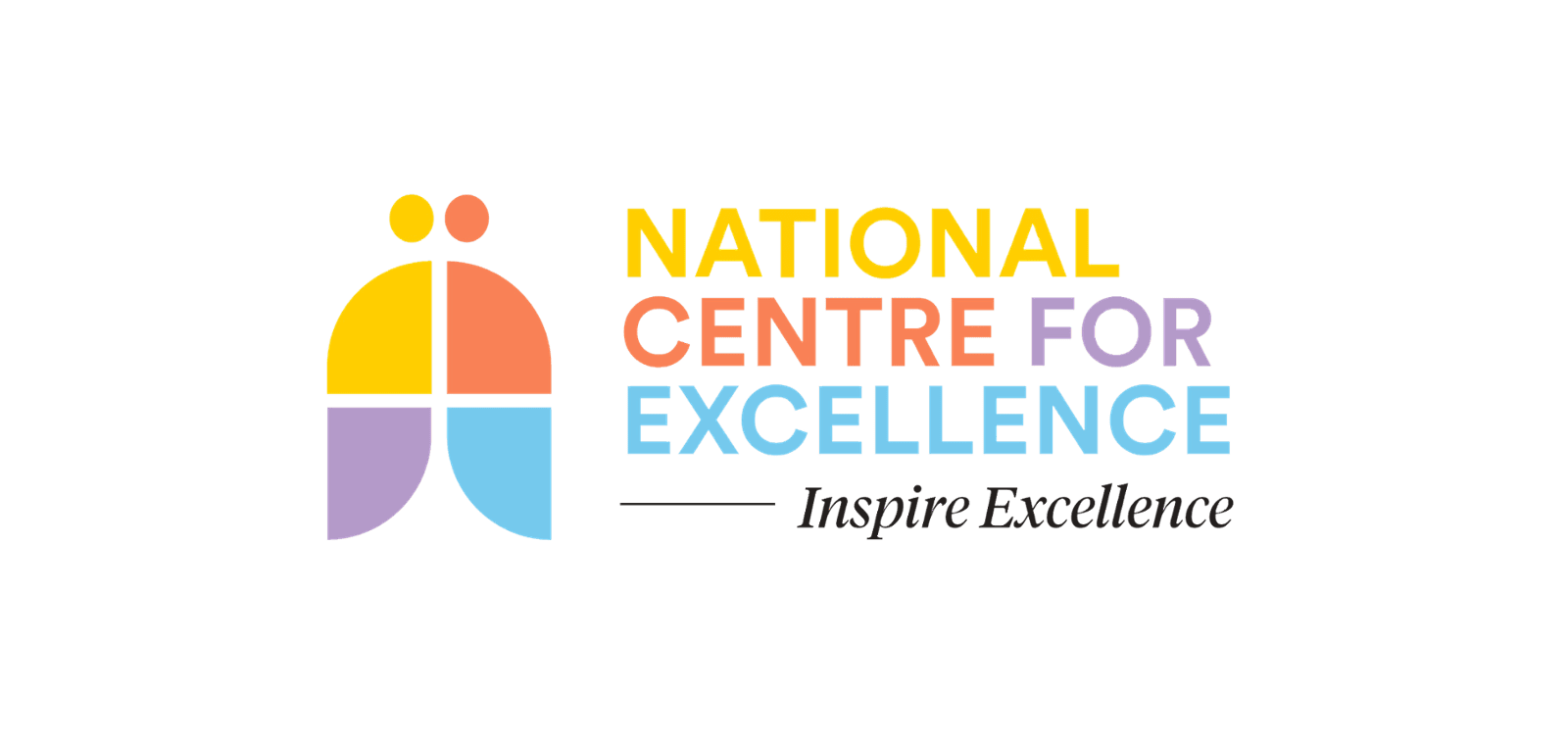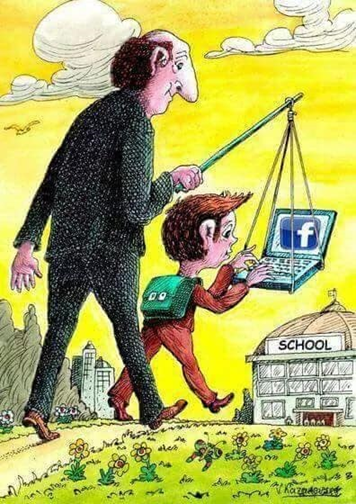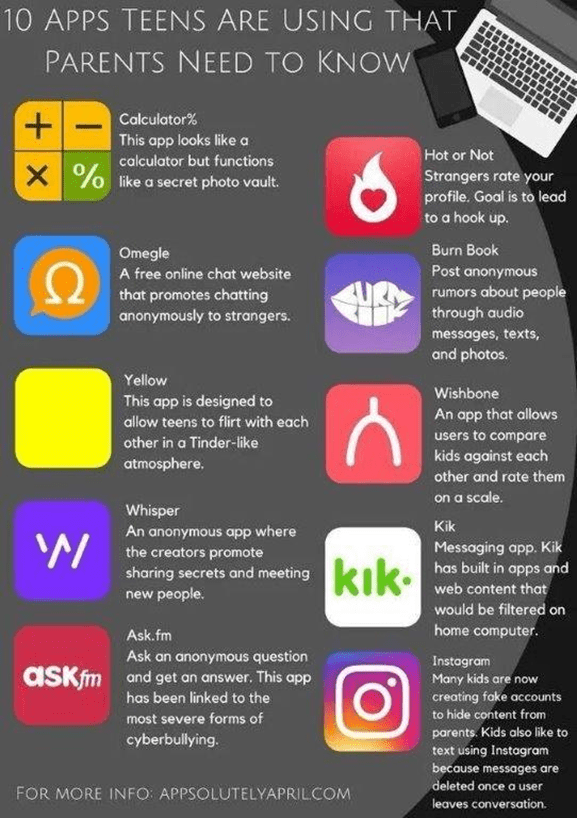Social Media in Education
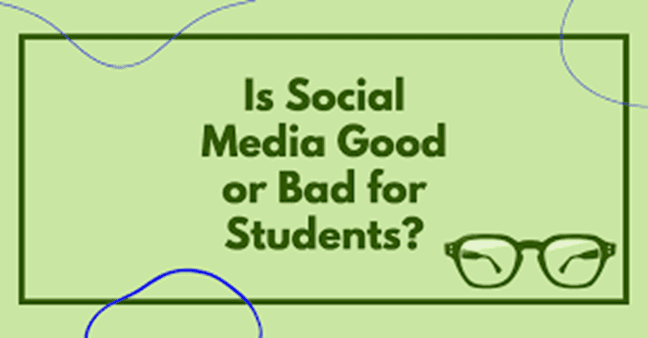
Social media is a big part of our lives and it's important to everyone. The rise of social media usage has been exponential and it's become a global consumer phenomenon. While social media is a great tool, it can also be misused and overused, leading to addiction in some people, including students. However, some people still believe that social media is always a bad thing in academics. While social media is here to stay, instead of criticizing it, we should learn to take the better part of it and learn how to make an opportunity out of it.
Social media can be a great tool for students if used correctly. It can be a source of distraction, but it can also be a quick way of interacting, learning, and solving problems. If students use social media wisely, it can be a great asset to them.
Social media is a group of applications and websites used by people to share anything and increase their social networking. These platforms allow users to interact, share content and collaborate with one another. Examples of social media websites and applications include forums, microblogging, social networking, social bookmarking, social curation and wikis.They currently include, but are not limited to, Facebook (and Messenger), Instagram, WhatsApp, Snapchat, Allo, Twitter, LinkedIn, Reddit, Pinterest, and Google+, Google reviews, Quora.
The top 5 reasons that have been found for students to use social media are:
S No. | Reason for social media | Percentage |
1 | Obtain New information | 79.7% |
2 | Keep in touch with friends | 74% |
3 | Facilitating work | 55.1% |
4 | Keep in touch with family | 47.1% |
5 | Chatting | 43.6% |
Source: https://blog.madeeasy.in/role-social-media-students-life
Why students do need Social Media?
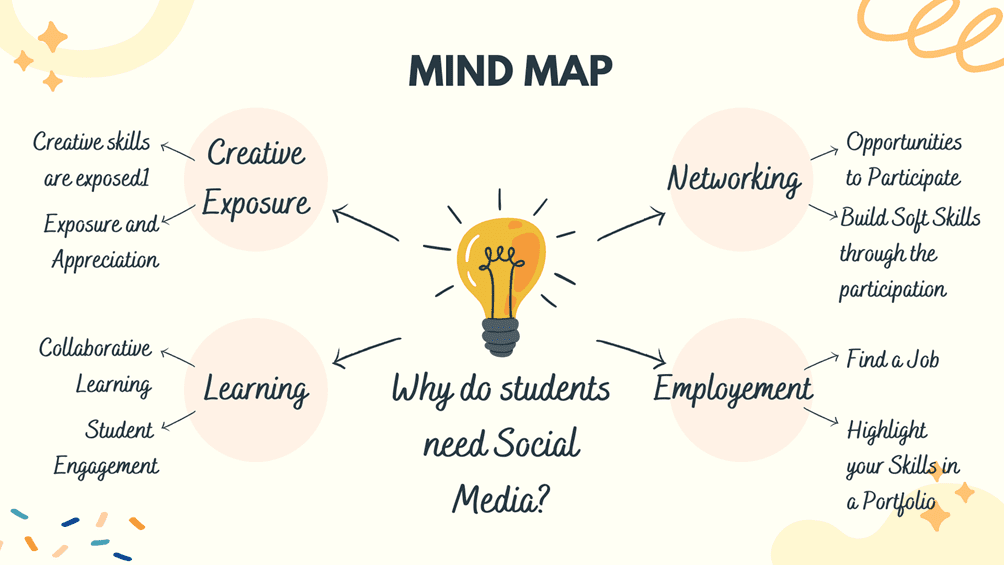
Social Media in Teaching- Learning
Students spend a lot of their time on social media, so educational institutions need to find new ways to engage them in learning. Studies have suggested that students are using technology tools at large, so institutions need to take advantage of this and develop effective digital pedagogies using social media platforms. The pedagogies derived from social media are easy to understand and share, as they involve graphics, pictures, games, and engaging content. Social media also provides centralised platforms for students and teachers to connect.
The NEP 2020 and Social Media
The National Education Policy (NEP) 2020 focuses on making students the center of the education system and using extensive technology in the learning process. Social media tools have also contributed to making education more student-centric. It enables personalised learning by providing specific learning plans for students' interests and abilities. As the elders say, too much of anything is good for nothing; we must be mindful of our usage of social media.
Awareness on Using Social Media
Social media can have a number of negative effects on users, which include:
• Distraction from important tasks
• Lack of physical activity due to sitting in front of a computer or phone
• Insomnia from being glued to a screen
• Cyberbullying from individuals who hide behind their computer screens
• Loss of personal identity as users try to project an image of perfection
• Anxiety from FOMO (fear of missing out)
• Unwittingly or insensitively sharing embarrassing images of others without their consent
Student behaviour while using social media
§ Students are responsible for their behaviour on social media
§ They must not infringe the rights or privacy of other students or staff, and must not make ill-considered comments about them
§ Students should think carefully about what they post on social media
§ When using social media, students should be aware that their communications are subject to the legal framework of the Government of India.
§ Students must take care not to state or imply that their views are those of the school when using social media, nor use the school logo at any time. Doing so would be considered an offense under the school's discipline policy.
How can one stay safe while using Social Media?
o Manage your privacy settings to control who sees your posts and to have a positive online experience
o Remember: Once you've posted something, it's out there forever. So think twice before posting pictures you wouldn't want your parents or future employers to see
o Build a positive online reputation by being mindful of the content you post
o Keep personal information personal. The more information you post, the easier it may be for someone to steal your identity, access your data, or commit other crimes such as stalking
o It's important to know what action to take if someone is harassing or threatening you online. Remove them from your friends list, block them, and report them to the site administrator
o Use strong passwords to protect yourself from potential hackers. Your password should be at least eight characters long and include a mix of letters, numbers, and special characters
Social Media and Studies
As a student, you should focus on using apps that will help you with your studies. limit the amount of time you spend on social media, and make sure you are using your time wisely.
• Discipline yourself to stay off social media when you are trying to focus on reading from your textbooks
• Use a notebook or diary to write down any doubts or questions you have while you are reading, and look them up later when you have finished the topic
• Set aside a specific time each day for social media, and use the rest of your time for reading and studying
• When you are studying for exams or writing down your daily targets, keep your phone at a distance so you aren't tempted to scroll through social media
• Only use social media when you are reading the topics that you have assigned to yourself for the day. This way, you won't get side-tracked and waste time on things that aren't related to your goals
In conclusion, this sensible quote sums up the use of social media and the benefits we extract from it.
Wilcox (2012) suggests that "eventually, the way you check this is by raising your mindfulness. It's not about don't invest energy in Facebook, but rather just know about what it may do to you."
Serving You
Ms. Sunalini Benjamin
Chief Operating Officer
NCFE
